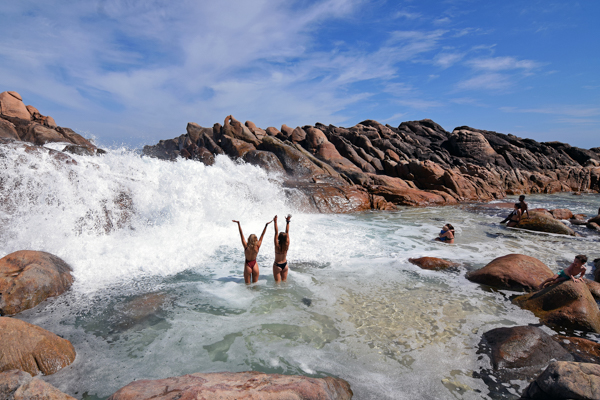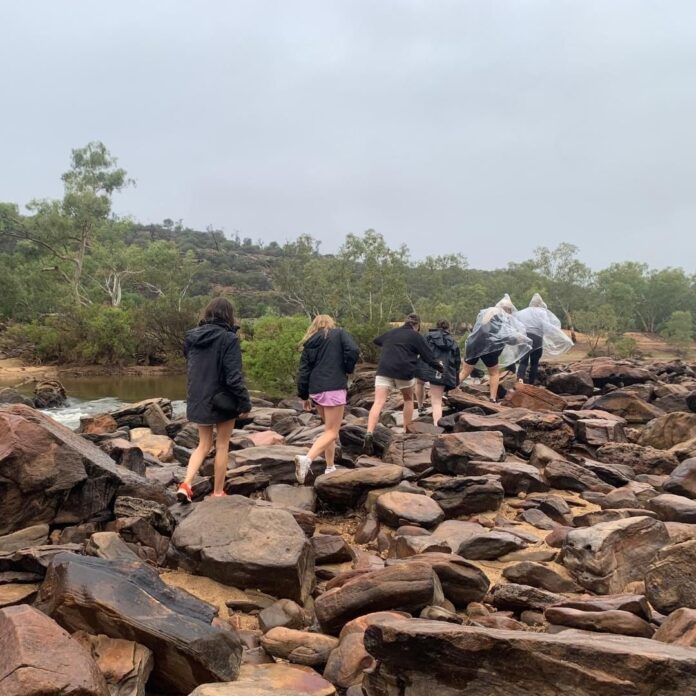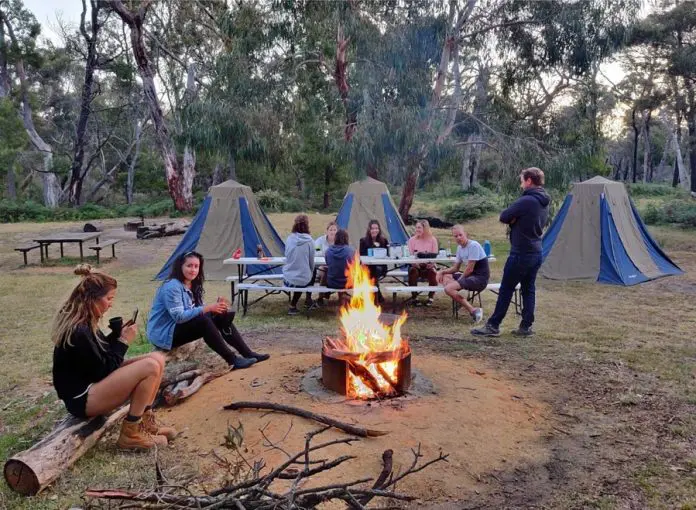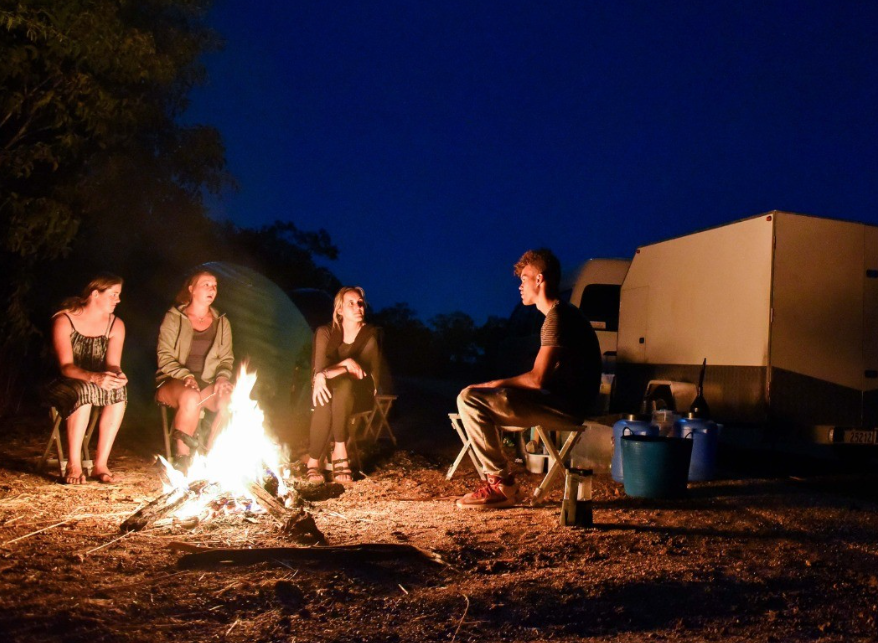
Camping restrictions in Australia: what you need to know
Camping is a great way to experience the beauty and adventure that Australia has to offer. However, before you set off on your next outdoor adventure, it’s important to understand the camping regulations and restrictions in the area. These must be followed in order to ensure a safe and enjoyable trip for all.
Camping restrictions in Australia: what you need to know
Restrictions on where you can camp.
It is always important to stay in officially designated sites and grounds to make sure that surrounding wildlife and their homes are protected. You must also pay the applicable fees for campsites that you stay at to avoid fines. The fees for many campsites go towards maintenance of the site and surrounding areas. This is important in protecting eco systems. Make sure to check the rules, regulations, and fees before you visit a campsite.
Restrictions to protect wildlife.
Many of Australia’s parks and reserves are home to native wildlife and it is important to respect their habitat. You must not feed or attempt to touch any wild animals or birds, as they may become frightened or aggressive. Ensure you follow all rules and restrictions written on signage at campsites and dispose of rubbish correctly. Finally, stick to the trails and designated campsites whenever possible. This way you can help protect the environment and local wildlife.
Leave no trace.
When you camp in Australia, it is important to abide by the Leave No Trace Principles. These include respecting all wildlife and leaving what you find found. You should also prevent the spread of invasive species by cleaning your camping equipment of dirt or plant material before resuming travelling. Respect any local regulations and residence’s privacy. You should also make sure that you dispose of waste appropriately to help protect Australia’s fragile ecosystems. Read all of the Leave No Trace Principles here.
Fire bans and restrictions.
Fire bans and restrictions are common in Australia due to the nature of our climate and bushland. It is important to check what fire bans and restrictions are in place. These change often so stay up to date on the DFES website. Always be careful with fire – ensure you only use designated fire pits, build fires away from flammable materials such as foliage, and never leave a campfire unattended. Once extinguished turn over fire ashes to remove any cinders as they can remain hot for days after the fire pit is out. If you come across a fire that you are unable to put out, call 000.
Following camping restrictions will not only keep you safe, but it will also keep our local wildlife and eco systems healthy. It also ensures that you avoid fines and other consequences as well as ensuring that campsites remain open and available for use by other campers in the future.
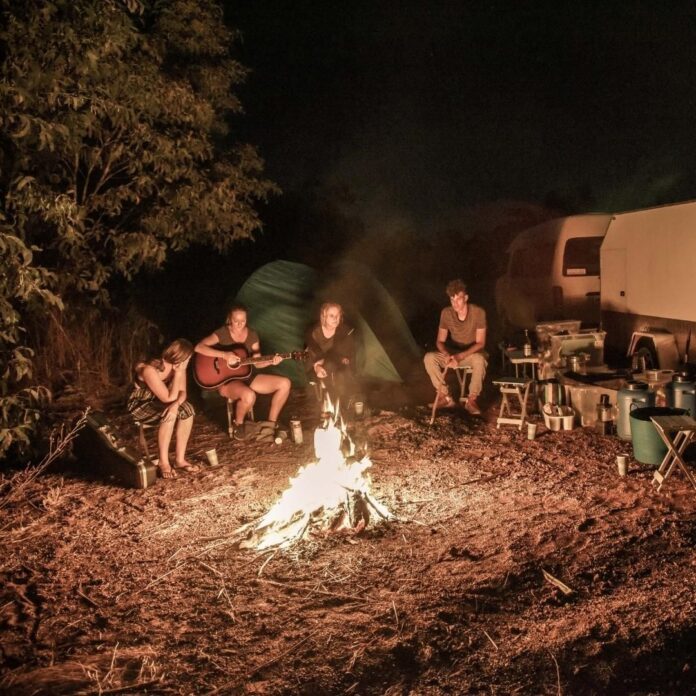
Do you want to explore Australia on an amazing camping road trip with new friends? View our upcoming trips here.
